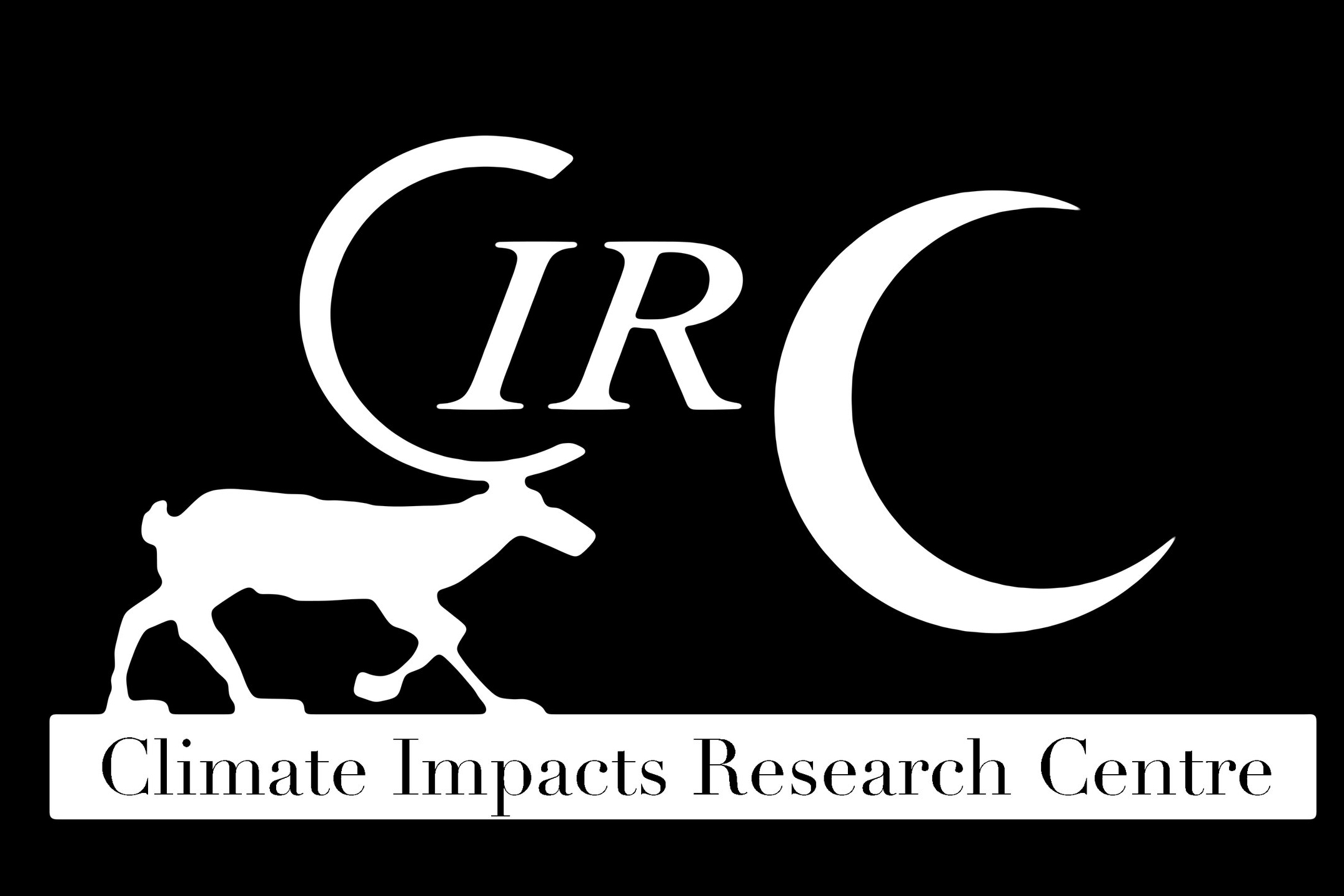Richard Gill (Grand Challenges in Ecosystems & Environment Senior Lecturer (equivalent to Associate Professor))
Department of Life Sciences, Imperial College London (Silwood Park), UK.
Email: r.gill@imperial.ac.uk
Twitter: @richjgill
Research Summary
As an evolutionary ecologist I am interested in how human activities influence (directly & indirectly) and shape the behaviour and life-history traits of social insects. My recent heavy focus has been to understand the responses of insect pollinators, primarily bumblebees, to environmental perturbations such as land use and climate change. Using a combination of lab and field experiments, my research group has looked to understand how factors such as pesticide exposure, changes to the floral and nutritional landscape, and environmental warming can influence individual physiology and behavior, and how this can scale up to shape populations and community assemblage. Furthermore, using a number of technological advances we have looked to understand how sublethal effects on bees from environmental stress can translate to negative impacts on fitness, including: using microchips and flight mills to assess bumblebee foraging performance; CT scanning to reveal impaired development of bee brains; and the use of next generation sequencing (transcriptomics & genomics) to understand gene expression profiles, population demographic change and to identify areas of the genome under selection.
Collaboration
In collaboration with Jacob Johannsson (Lund University), Keith Larson (Umeå University), Emily Baird (Stockholm University) and Andrew MacDougall (Guelph University), my group are looking at how Arctic bumblebees are responding to climate change. Taking advantage of a 100 year old transect, we are working as part of the Nuolja Phenology Project (led by Larson and based at the Abisko research station) where we are carrying out intensive field work monitoring the bumblebee populations and plants they visit. Our results are helping us to investigate changes to the architecture of plant-pollinator networks over space and time under climate change and understand the degree of phenological mismatching and resilience within the system.
Current Projects
Richard Gill’s Publications
Find a complete list at my Google Scholar page.






